
Discover why atomic clocks are the most accurate timekeeping devices, essential for GPS and telecommunications.

Explore the historical reason behind why 12 PM marks noon and the origins of a.m. and p.m.
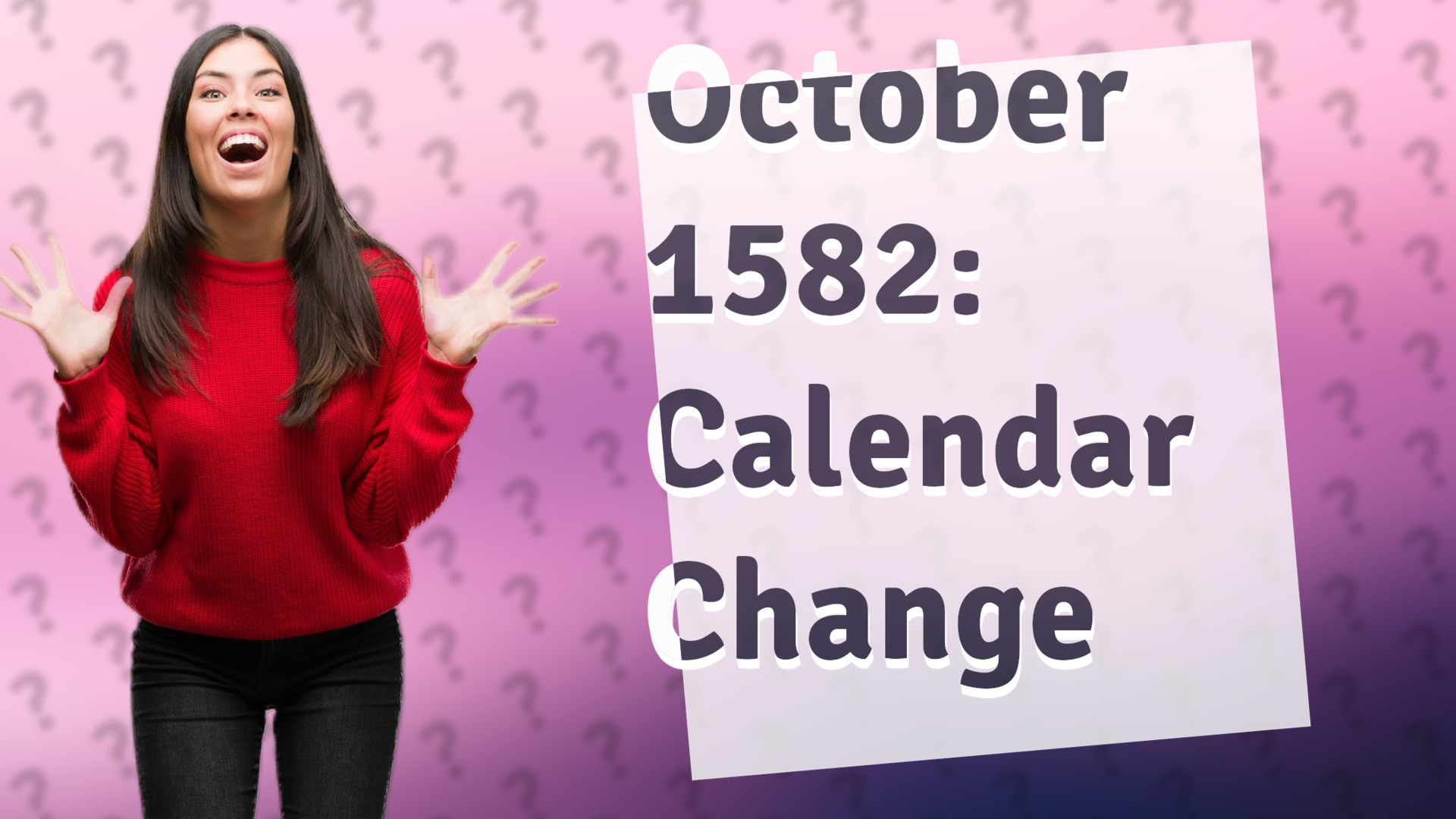
Discover why October 1582 had just 21 days and learn about the introduction of the Gregorian Calendar.

Explore the fascinating reason behind the skipped days in October 1582 due to the Gregorian calendar adoption.

Discover why October 5–14, 1582 was skipped and the significance of calendar changes.

Learn about Coordinated Universal Time (UTC), the essential standard for global timekeeping in aviation, finance, and computing.

Discover how Greenwich Mean Time (GMT) is essential for global timekeeping and coordination.

Discover the 12-hour clock format, AM and PM meanings, and how it divides the day into two parts.

Learn the meaning of A.M. and P.M., and their significance in timekeeping.

Clarify your time-related queries! Learn why 6 AM is morning and 6 PM is evening for better scheduling.
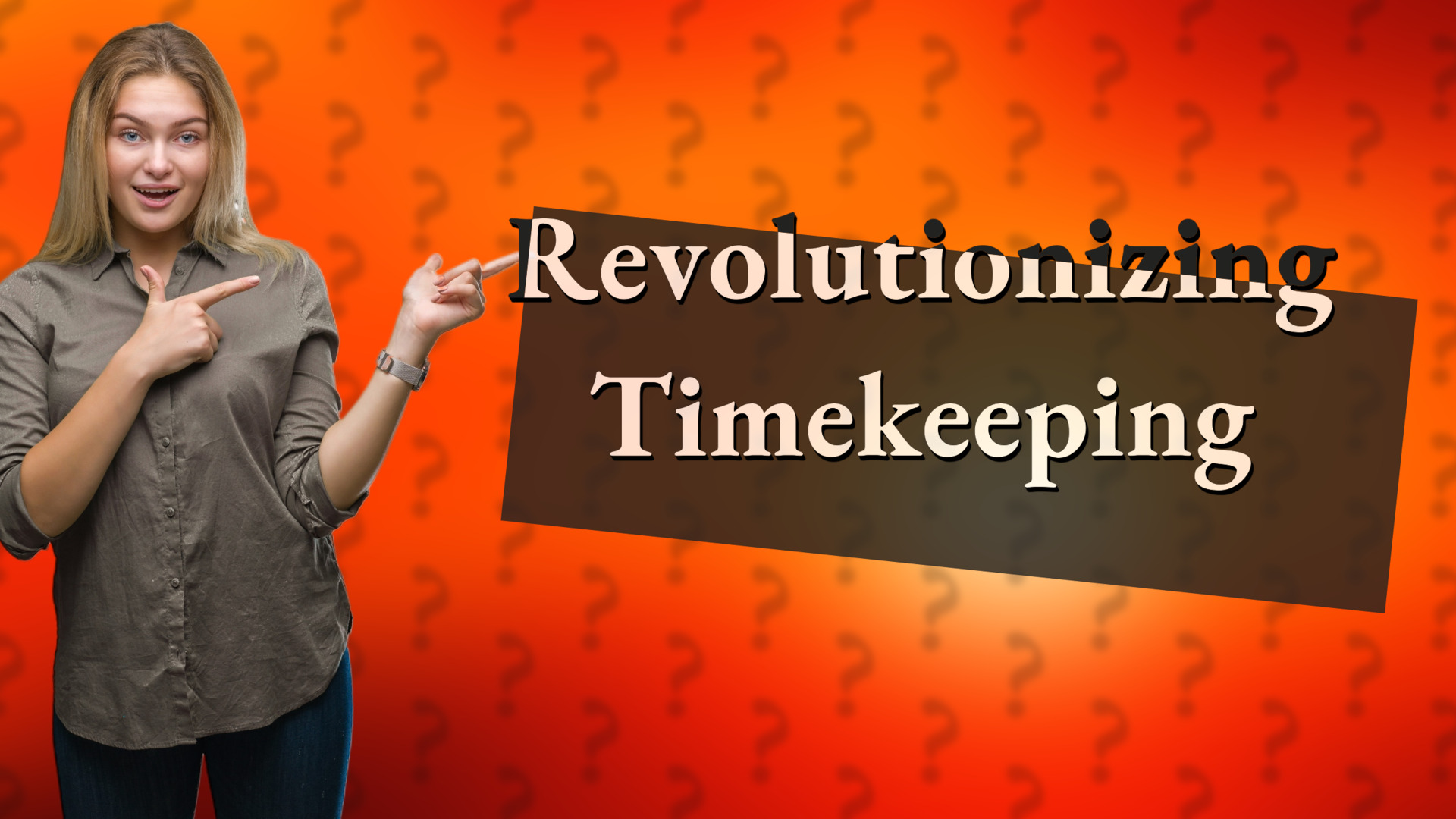
Discover why UTC supplanted GMT, improving timekeeping accuracy for technology and communications.

Discover what UTC time is and why it’s essential for global timekeeping.

Discover why June 30, 2015, was significant for global timekeeping with the addition of a leap second.

Learn about the transition from Greenwich Mean Time (GMT) to Coordinated Universal Time (UTC) in this informative Q&A.

Learn why UTC is preferred over GMT for global communications in this informative Q&A.

Explore the fascinating change in the calendar during 1582 that reshaped our understanding of time.

Discover why there are 365 days in a year and how leap years keep our calendar aligned with Earth's orbit.

Discover why 2024 is a leap year and learn how leap years help synchronize our calendar with the solar year.

Discover which countries the Greenwich Meridian Line passes through and its significance in navigation and timekeeping.

Discover who established the 31-day month and how it shaped our modern calendar.
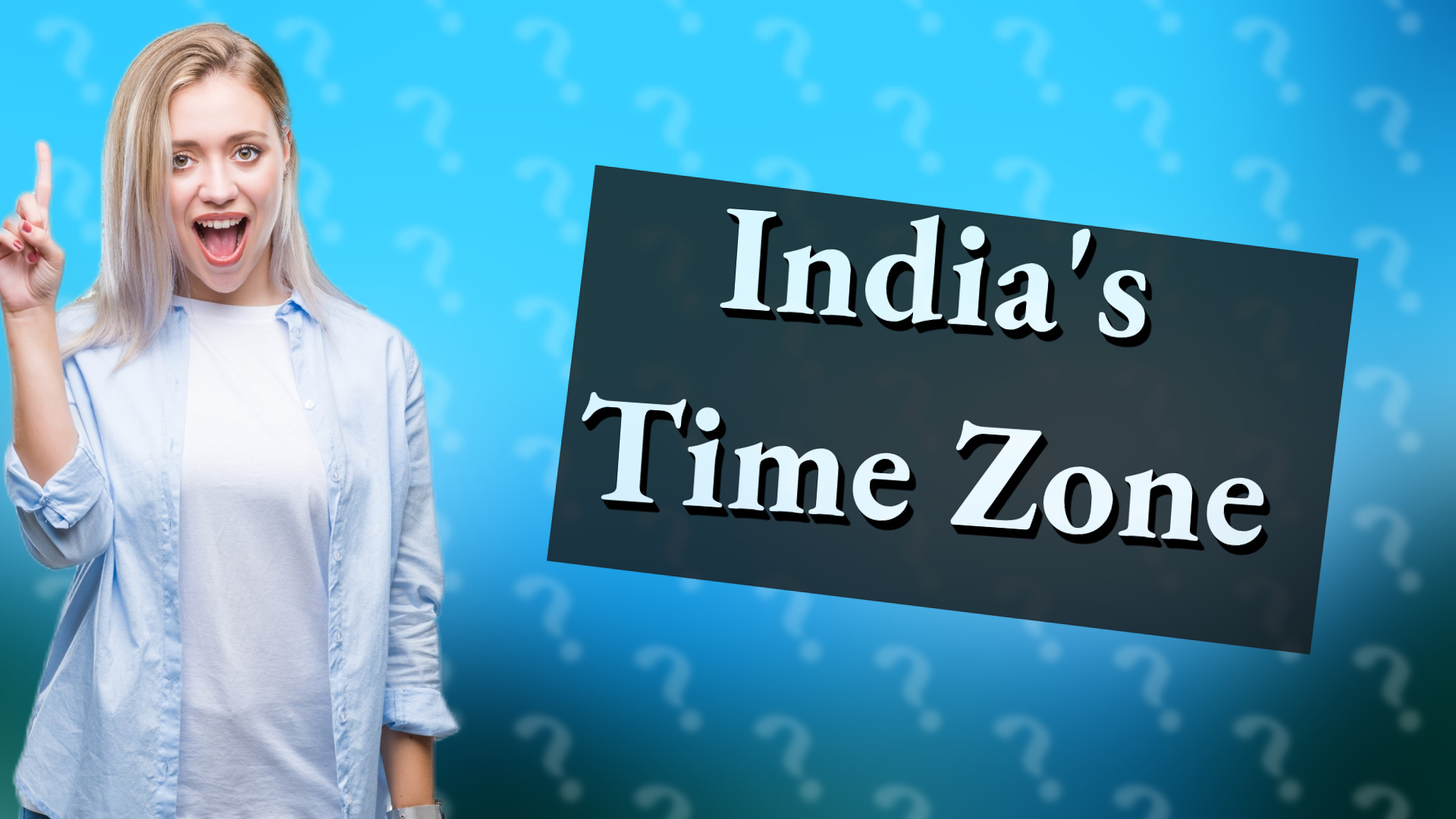
Discover why India uses a half-hour time zone and how it affects the nation.

Learn about short date formats, including MM/DD/YYYY and DD/MM/YYYY, to help you understand date representation globally.

Learn about Coordinated Universal Time (UTC), the modern name for Greenwich Mean Time (GMT), and its global significance.

Explore why the 12-month Gregorian calendar prevails and the implications of a 13-month system.
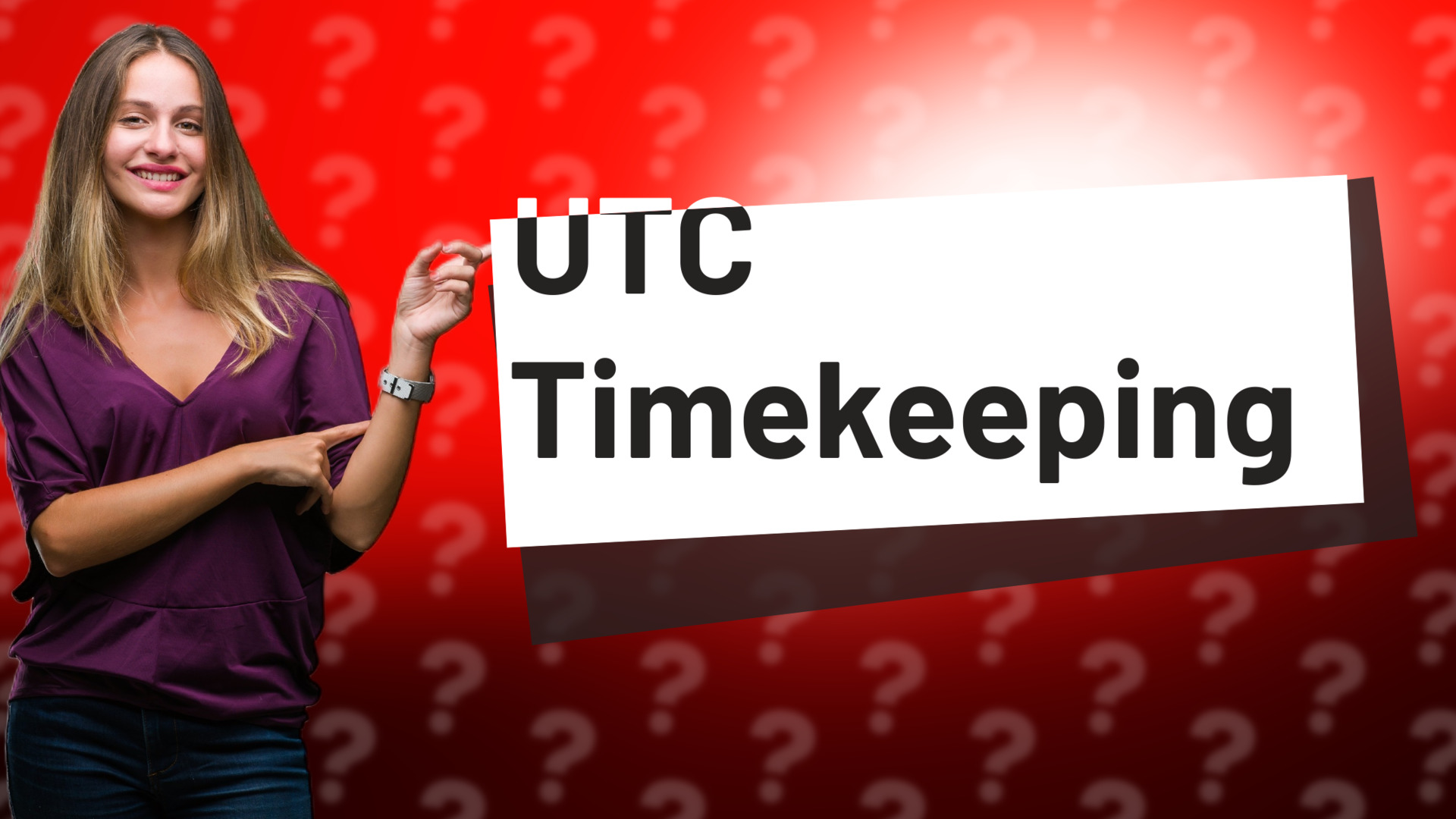
Discover how Coordinated Universal Time (UTC) serves as the modern alternative to Greenwich Mean Time (GMT) for global timekeeping.

Explore why we are in the year 2024 based on the Gregorian calendar and Earth's orbit.

Discover why 2024 has 366 days as a leap year and learn about the importance of leap years for our calendar.

Discover why a leap second was added to Coordinated Universal Time on June 30, 1975, and how it impacts timekeeping.

Discover the fascinating reasons behind the number of days in a month according to the Gregorian calendar.

Discover how often leap years occur and the rules governing them to maintain our calendar alignment with Earth's orbit.

Discover the significance of the Prime Meridian as the zero-degree longitude essential for global navigation and timekeeping.

Explore the significance of 46 B.C., the longest year in history, and the reform of the Roman calendar by Julius Caesar.
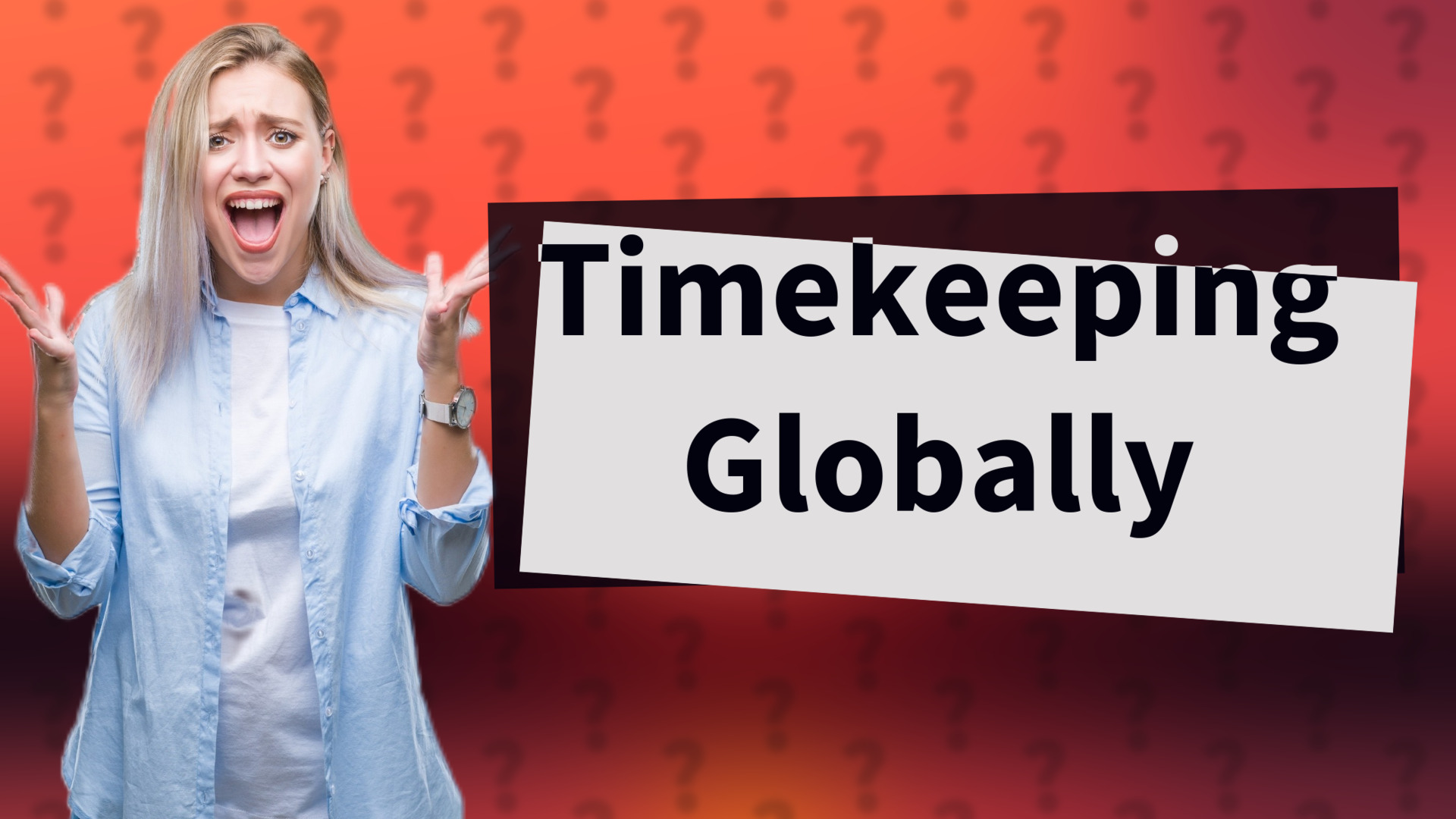
Discover which countries predominantly use AM and PM formats for timekeeping, including the cultural ties influencing this practice.
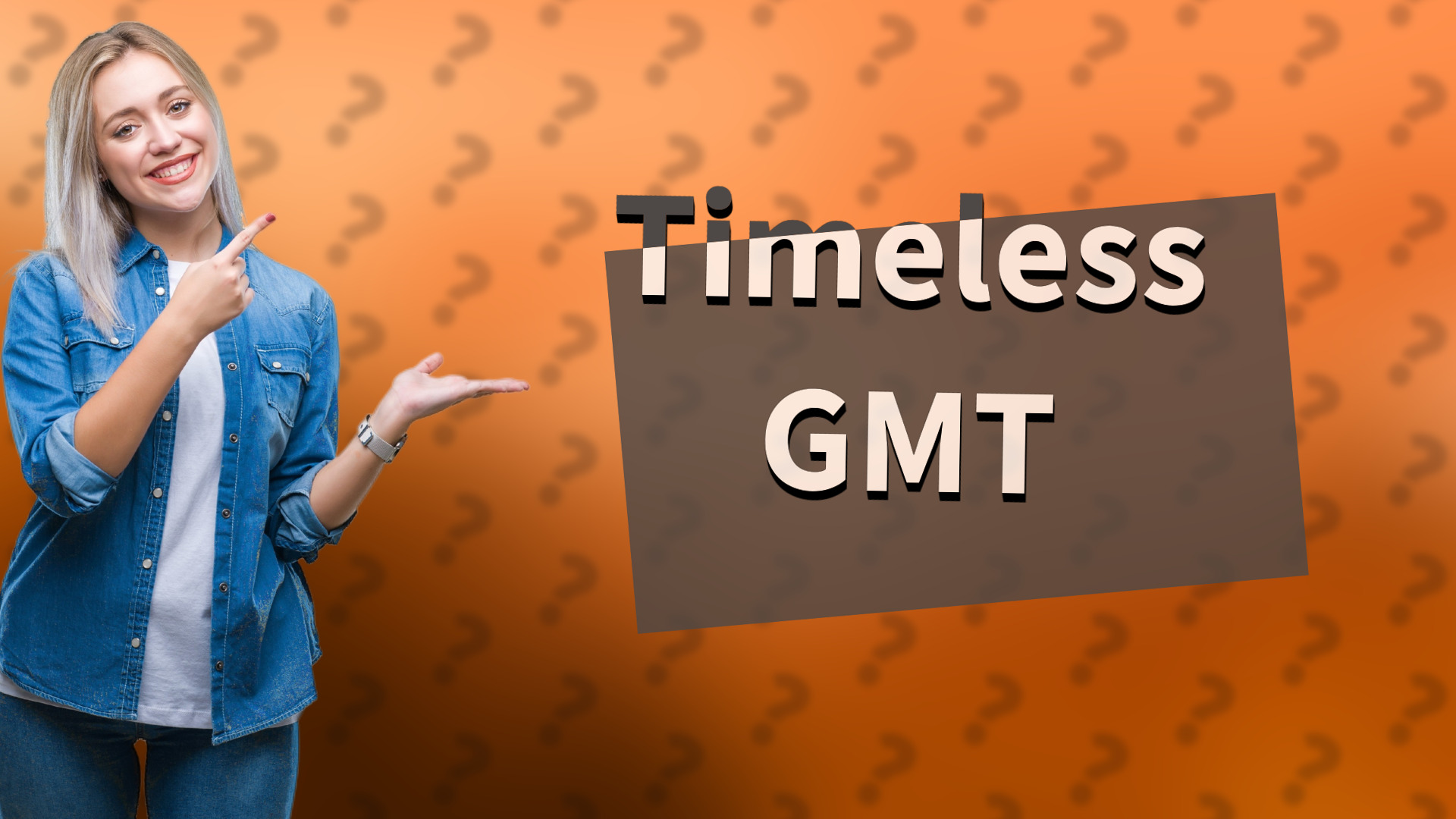
Explore the ongoing relevance of GMT (Greenwich Mean Time) in aviation, computing, and international time coordination.

Discover why GMT changed to UTC for enhanced accuracy in timekeeping. Learn how atomic clocks revolutionized time standards.

Learn what GMT stands for, its significance in timekeeping, and its use as a global time standard.

Discover which country has Greenwich Mean Time as its standard time and learn about its significance in global timekeeping.

Learn about the UTC offsets in the USA, including EST, CST, MST, and PST and how they change during Daylight Saving Time.

Discover why Greenwich is the international standard for time, based on its historical significance and role in global timekeeping.

Explore the relevance of GMT in modern timekeeping and its comparison with UTC.

Discover whether midnight is AM or PM in India and how time is categorized in the 12-hour clock system.

Discover which timezone matches UTC and learn about its significance in global timekeeping.

Learn the key differences between the Prime Meridian and Greenwich Mean Time in this concise overview.

Explore if atomic clocks are worth it for your precision needs. Discover their applications in GPS and research.

Discover how accurate your computer system clock can be and learn about the role of NTP in improving precision.

Discover the accuracy of internet clocks and how NTP servers ensure precise timekeeping.
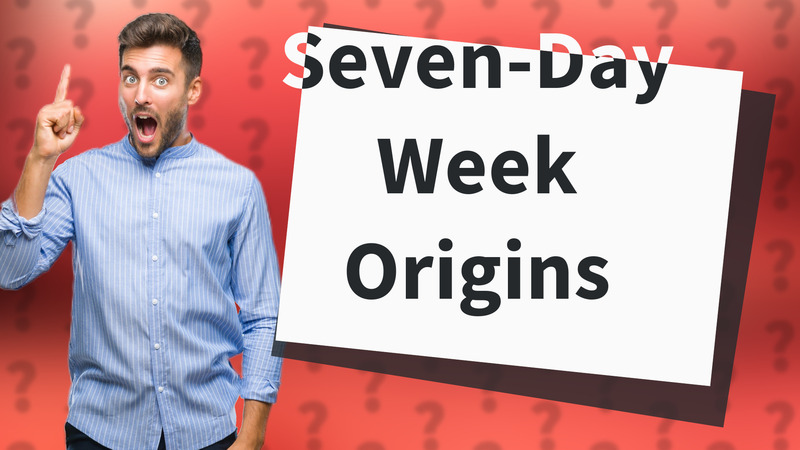
Discover the fascinating history of the seven-day week and the naming of days from Monday to Sunday, rooted in ancient Mesopotamia.

Explore how atomic clocks function and if they can lose time due to environmental factors.

Learn how to check if your radio controlled clock can work abroad based on frequency compatibility.

Discover the accuracy of normal clocks and factors affecting their performance, including maintenance tips for precise timekeeping.

Learn how Indian time is expressed in 24-hour and 12-hour formats for accurate timekeeping.

Explore Indiana's unique history with Daylight Savings Time and learn about the changes implemented in 2006.

Learn about UTC time code, its uses, and its importance in global timekeeping.

Learn about the optical lattice clock, the most precise clock on Earth, and its scientific implications.

Discover why digital clocks are generally more accurate than analogue clocks and learn about their timekeeping methods.

Discover the incredible accuracy of GPS atomic clocks and their role in precise navigation and positioning.

Explore the precision of our time system governed by atomic clocks and leap seconds for global accuracy.

Explore the relevance of Zulu time (UTC) in aviation, military, and meteorology today.
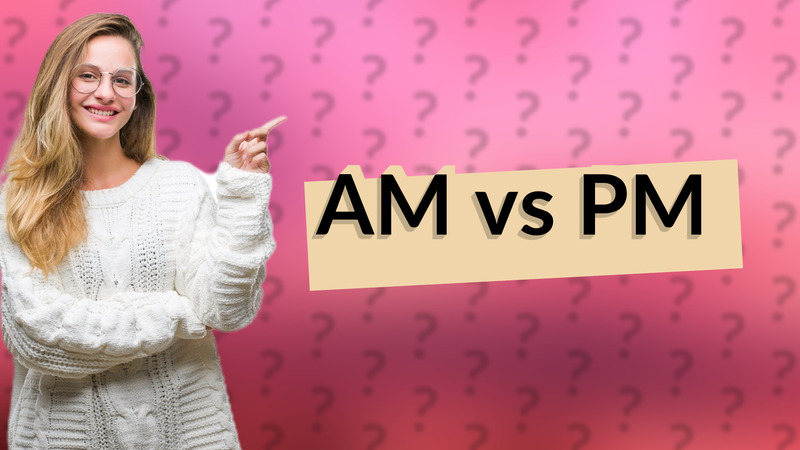
Learn the difference between AM and PM in timekeeping and how they help distinguish morning from evening hours.
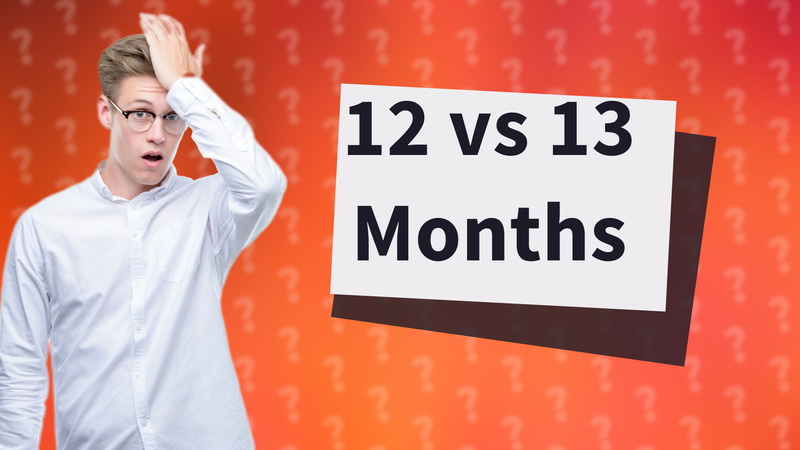
Discover why the calendar has 12 months and its alignment with Earth's orbit. Simplified timekeeping explained.

Explore how Spain uses both 12-hour and 24-hour clock formats in different contexts.

Discover how atomic clocks define the most precise time globally, utilizing cesium and ytterbium atoms for unmatched accuracy.

Explore the extraordinary accuracy of satellite clocks, crucial for GPS and other technologies requiring precise timekeeping.

Learn why the week starts on Monday according to ISO 8601 and its adoption globally.

Discover what calendar most of the world uses, its history, and why the Gregorian calendar is the international standard.

Learn why clocks lose accuracy due to temperature variations, aging, and wear. Understand how to keep your clocks precise!
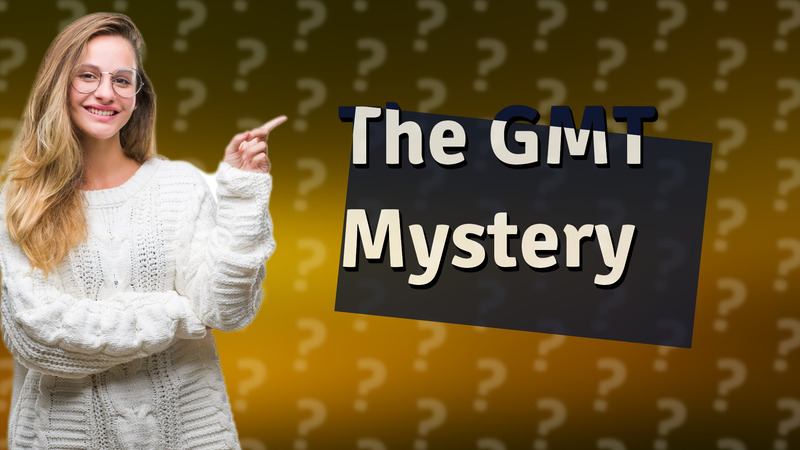
Explore what GMT (Greenwich Mean Time) is and its significance in global timekeeping.

Learn about UTC's equivalence to GMT and why it’s important for timekeeping.
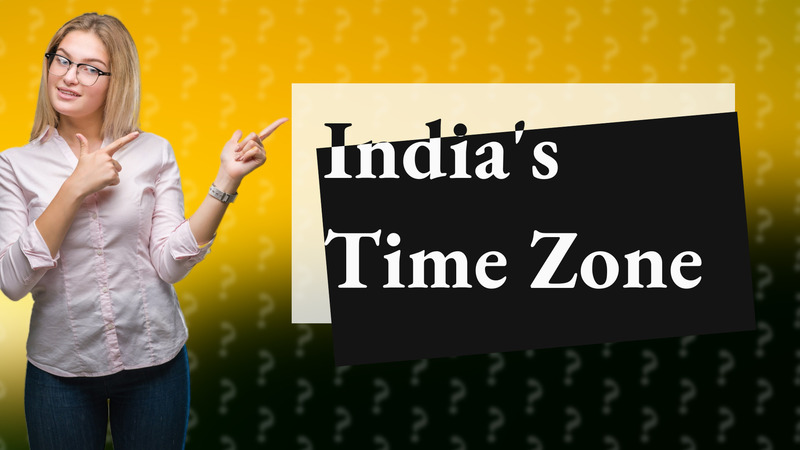
Understand why India operates on GMT+5:30, its historical context, and its practical importance for timekeeping.

Explore how ancient civilizations used sundials to measure time, the origins of timekeeping, and its evolution over the centuries.
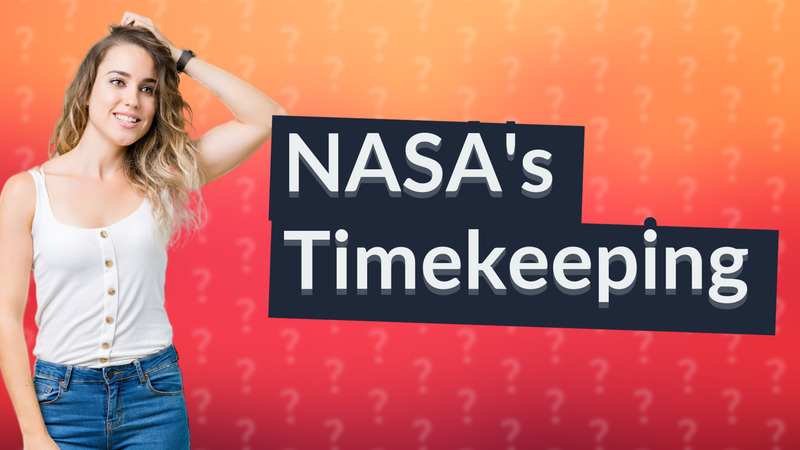
Discover how NASA utilizes Coordinated Universal Time (UTC) for precise mission synchronization and communication.

Discover how accurate different types of clocks are and their ideal usage for timekeeping.
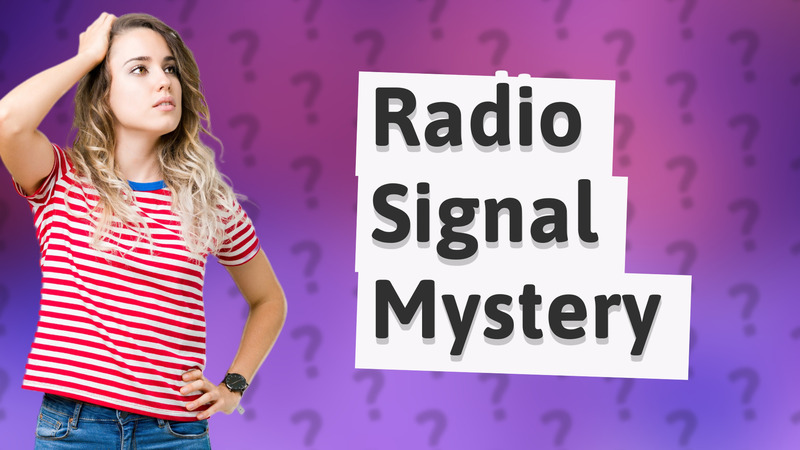
Discover how radio controlled clocks work, receiving precise time signals from atomic clock transmitters for accuracy.
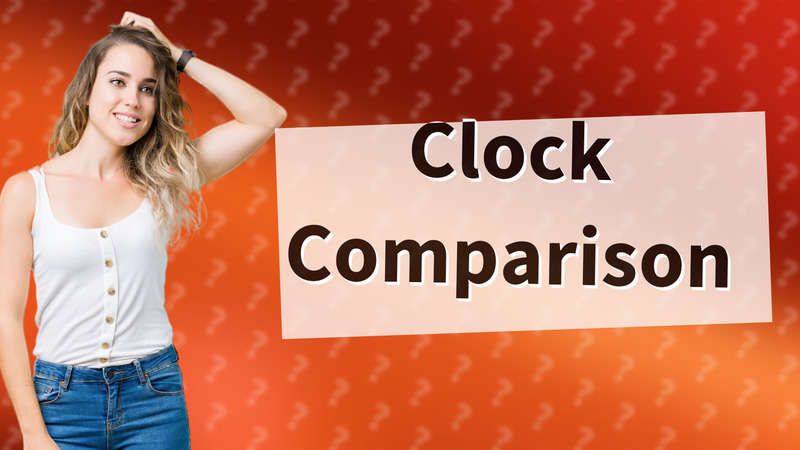
Explore the main differences between digital and analog clocks in terms of design, readability, and aesthetics.

Discover who relies on Universal Time for precision across various fields, including astronomy and aviation.

Learn why atomic clocks are the most accurate timekeeping devices, measuring time with unparalleled precision.

Explore how international standards like UTC ensure our timekeeping is accurate and synchronized globally.

Discover how radio controlled clocks automatically adjust and maintain precise timekeeping with radio signals from atomic clocks.

Learn about the six key time zones in the USA and their significance for scheduling and coordination.

Learn how atomic clocks provide the most precise timekeeping by measuring atomic vibrations.

Discover the UK's most accurate clock and how it ensures precise timekeeping in various industries.

Discover how accurate various types of clocks are, from atomic to quartz, and learn about their reliability.

Explore the precision of atomic clocks, the most accurate timekeeping devices, and their uses in GPS and international standards.

Explore the reasons behind atomic clock inaccuracies and learn about their precision in timekeeping.
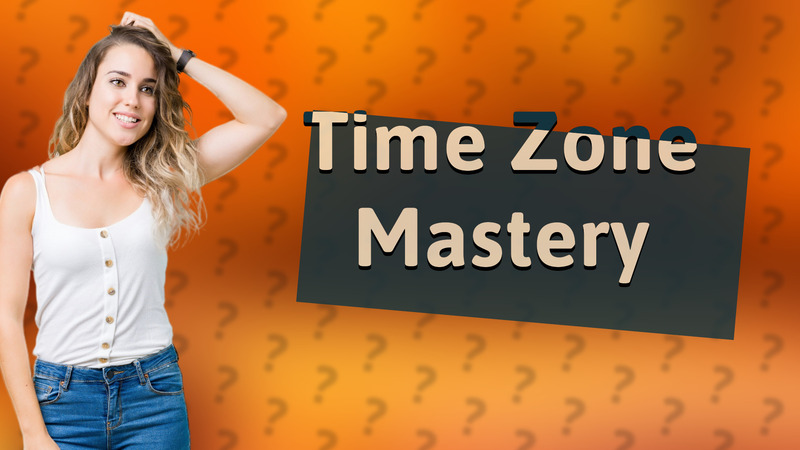
Learn why UTC is considered the most accurate global time standard and how it affects international time coordination.

Discover how GPS time and NTP differ in accuracy and applications in time synchronization.

Discover the history and origins of the 7-day week, tracing its roots back to the Babylonians and its global impact.

Discover how clocks ensure accuracy through calibration with atomic time sources and synchronization methods.

Discover the origins of the 7-day week created by Babylonians and why they chose this sacred number.

Learn about the atomic clock, the most precise timekeeping device using atomic vibrations for unmatched accuracy.

Discover the precision of atomic clocks, the world's most accurate timekeepers, vital for GPS and time standards.

Discover why the Cesium Atomic Clock is the world’s best clock, offering unmatched precision for GPS and more.
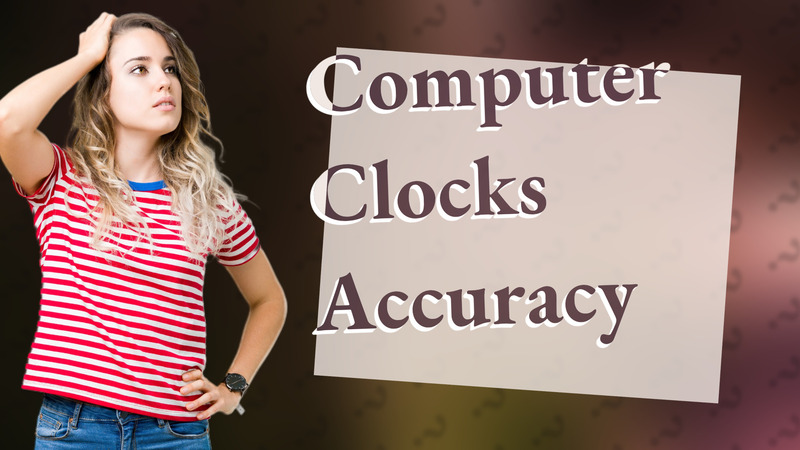
Explore how computer clocks achieve accuracy through synchronization and the impacts of drift.

Discover the precision of the Windows clock and ways to enhance timekeeping accuracy.

Discover the incredible precision of China's atomic clock, losing just one second every 30 million years. Explore its applications and significance.

Learn how Coordinated Universal Time (UTC) ensures 100% accuracy in global timekeeping.

Discover how the Microsoft clock achieves high accuracy through synchronization with internet time servers.

Learn how GPS time clocks achieve incredible accuracy, staying within nanoseconds of UTC for precise timekeeping.

Discover why your atomic clock might be off by 5 minutes and how to fix it with expert tips.

Discover the most accurate timekeeping device - the atomic clock and learn how it measures time with unmatched precision.